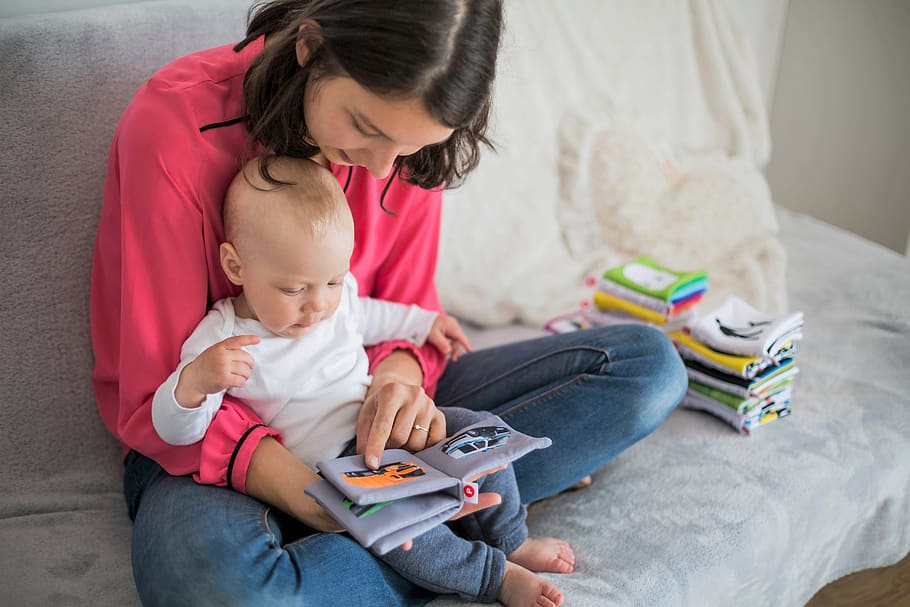
4 Research-Based Tips to Increase Your Toddler’s Literacy Skills
One of the top indicators for academic success at an early age is the ability to read. Of course, this makes perfect sense as every subject, including math, involves being able to read fluently and with comprehension. To put it simply, if your child arrives in kindergarten without knowing at least the basics, he or she will already be behind the eight ball. Here are four research-based tips and strategies that will have your toddler reading in no time and ready for the first day of school!
Fry’s Sight Words
As a certified reading specialist with a Master’s degree in Reading and Literacy, I have worked with probably thousands of struggling readers. There were a variety of reasons for their struggles. However, one common way to get them up to speed to a certain degree was to practice sight words. For instance, the first 100 words on Fry’s Instant Sight Words list make up about half of all the words you will come across in any sort of publication. If you can get the child to learn five words at a time and keep on moving forward, they will be in great shape if they know the first 100 words by the time they meet their kindergarten teacher.
Phonics and Decoding
There are several phonics and decoding programs that are out there for children. Most of them are probably quite good enough to use with a toddler starting out. However, it is best to find a program that goes in a systematic and sequential order. Basically, what this means is that it continues to build on what the student learned in the previous lessons. I would find a program that consists of everyday lessons that last about 5 to 10 minutes. This would be perfect for a toddler with a short attention span!
Read More Books at Their Current Level
I have spoken with numerous parents who thought they were doing the right thing by providing their struggling reader a book that constantly challenged their current skills. This is essentially the opposite of what you want to do. If a child is not reading 90 to 95 percent of all the words in their independent reading book correctly, this means they are well into the frustration level and are not really getting anything from the reading except a desire to never read again. Save the more difficult books for when the two of you are reading together so you can immediately help with the hard words. We want to improve the child’s literacy skills, not frustrate them to tears and have them believing they will never improve.
Technology-Assisted Reading
I’m not sure about you, but I learned my basic reading skills more from Sesame Street than from my actual parents. Although, in my parents’ defense, they had eight other kids to worry about and having Ryan learn to read was low on their priority list.
With all of this technology available at our fingertips, there are countless apps and websites that have been created for the purpose of helping children learn how to read. However, use these in moderation and remember that nothing can replace a loving parent that is there to turn the pages with them and talk about the story as it goes along.
Get Help From the Professionals
It is quite common for parents to feel as frustrated as their child when it appears literacy skills are just not sinking in with their struggling reader. Sometimes it makes perfect sense to bring on a professional for that little extra help. With iAchieve, we have reading tutors that can assist in improving your child’s literacy skills. For some reason, children often struggle to learn while their parents are doing the teaching. They either are worried about letting you down or just know they can give you the runaround a bit. In either case, bringing in a qualified tutor could make all the difference in the world. Plus, it is best to do it now while they are still young rather than wait until the problem is magnified as they get older.
READ MORE
3 Ways to Promote Preschool Literacy at Home
Ways to Ensure Your Child Continues to Learn During the Summer
Why Reading to Kids is Important



